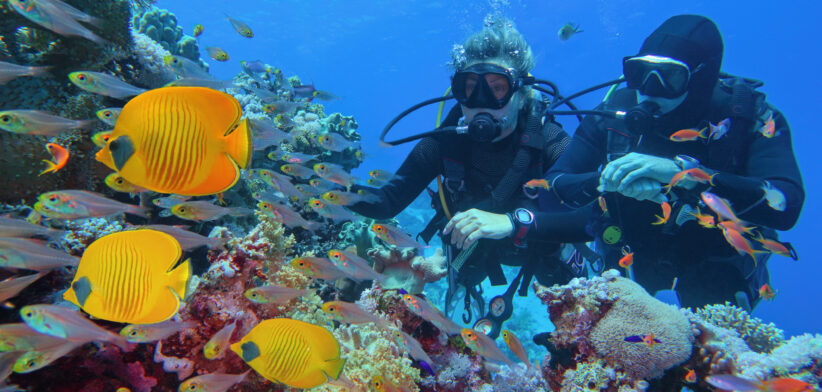In a famous dialogue on the state of the environment, comedian George Carlin predicted that eventually Planet Earth would tire of human activity and wipe us out as a “surface nuisance”.
This week a series of new studies around the planetary impact of humans were released, some with surprising results.
Among the interesting conclusions were:
- While human activity has had profound impact on biodiversity, archaeologists from the University of Cologne argue that, throughout human history, the impact has been positive as well as negative.
- The Royal Netherlands Institute for Sea Research found that, if ocean warming and acidification continued at the current rate, 100 percent of all underwater biological processes would be impacted – not 20 to 24 percent as previously believed.
- Research by the American Geophysical Union revealed that globally more than 100,000 hectares of estuaries had been reclaimed for human activity over the past 35 years.
- A new study from the University of Basel found microplastic particles could be found in even the most remote ocean regions on earth with Antarctic pollution levels higher than previously assumed.
The University of Cologne research, reported in Science Daily, said there had been a recent tendency to concentrate just on extinction events and loss of biodiversity from human activity.
“The researchers suggest that the relationship between humans and ecosystems has always been much more complicated and complex, and that, in addition to negative effects, there are also positive effects on biodiversity that follow certain rules,” Science Daily reported.
“Oftentimes, it can even be said that biodiversity loss occurs locally due to human activity, but biodiversity is strongly promoted elsewhere; these dynamics must therefore be placed in a wider context.”
For example, one study of ravens from the ice age found that the birds benefited from human activity that provided greater food sources.
At the other end of the scale, the Royal Netherlands Institute for Sea Research marine biologist Katharina Alter, in a study published in Nature Communications, concluded that the carbon dioxide impacts on ocean biological events could be far greater than previously believed.
Dr Alter said her team calculated the consequences of three projected scenarios of carbon dioxide increase.
“Our new approach suggests that if ocean warming and acidification continue on the current trajectory, up to 100% of the biological processes in fish and invertebrate species will be affected.” she said.
“Previous research methods found changes in only about 20 and 25 percent of all processes, respectively.”
In another study, the American Geophysical Union said 100,000 hectares of estuaries had been cleared globally in 35 years for farming and dams, most of it in developing countries.
The researchers hoped their findings could help other developing countries avoid the loss of estuaries that had happened in so many countries around the world.
“Wetland ecosystems where freshwater rivers meet saline ocean waters are gateways connecting land and sea,” the researchers said.
“They provide habitat for wildlife, sequester carbon, and serve as hubs for transport and shipping.
“People have been moulding estuaries to fit their needs for thousands of years, and now, some countries are paying the price. Estuary degradation and loss can lower water quality, shrink and fragment critical habitats and remove coastlines’ protection from storms.”
The final study by researchers at the University of Basel and the Alfred-Wegener Institute (AWI) used 2021 data to assess the level of microplastics in remote oceans.
Using new sampling techniques It found tiny plastic particles were a bigger problem in the remote Weddell Sea in Antarctica than was previously known.








